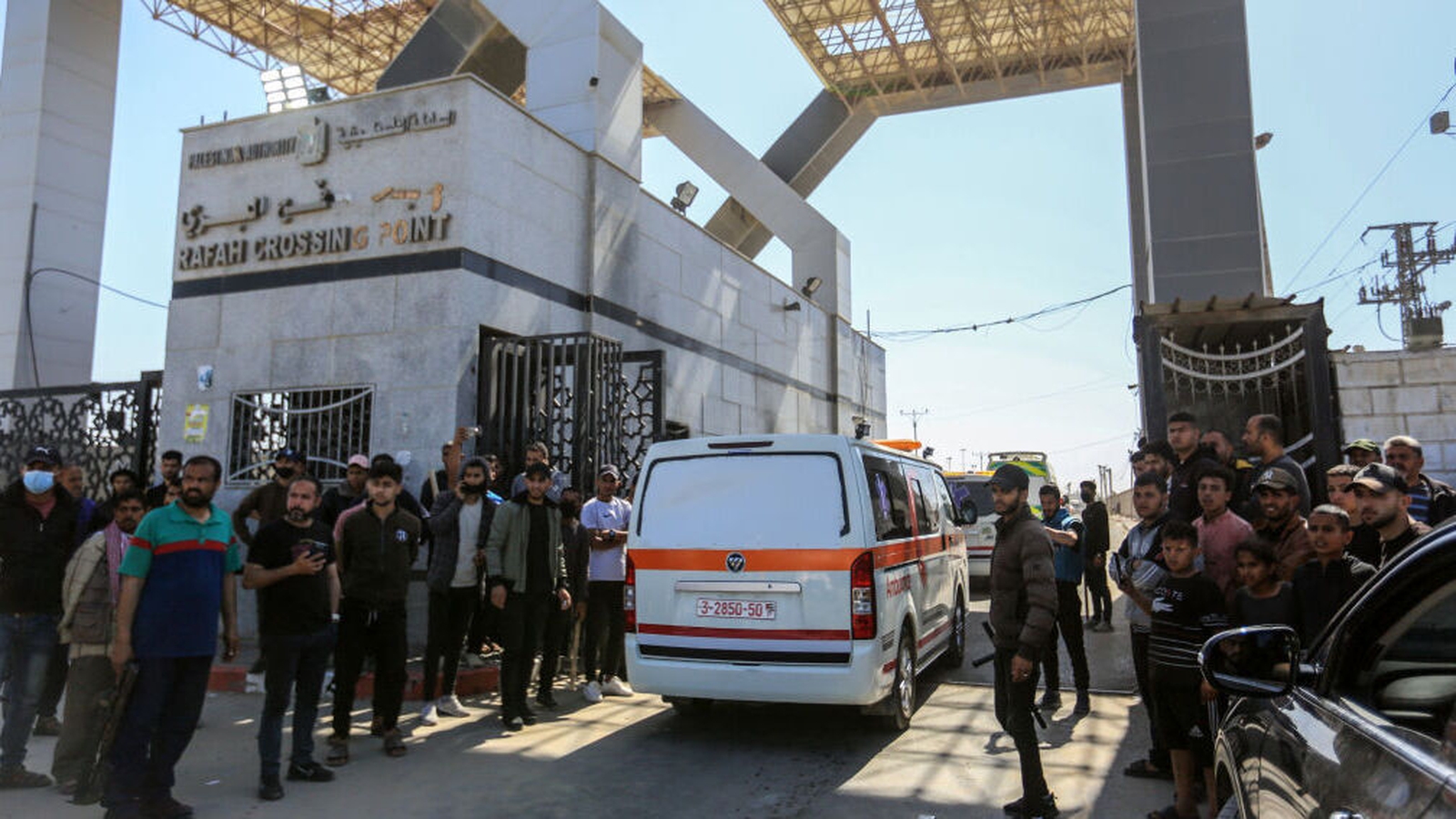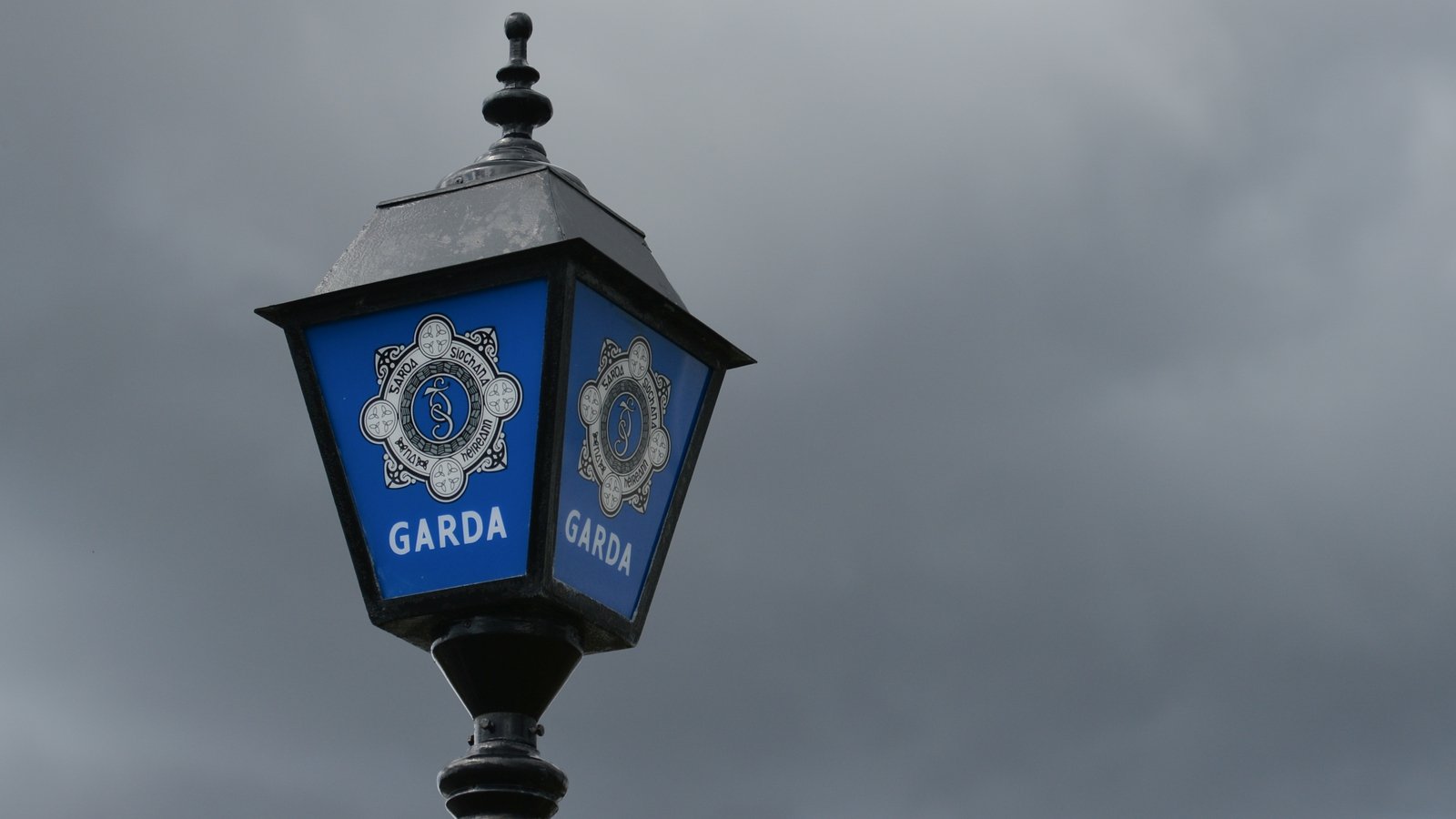AGSI says structural changes inhibiting garda work
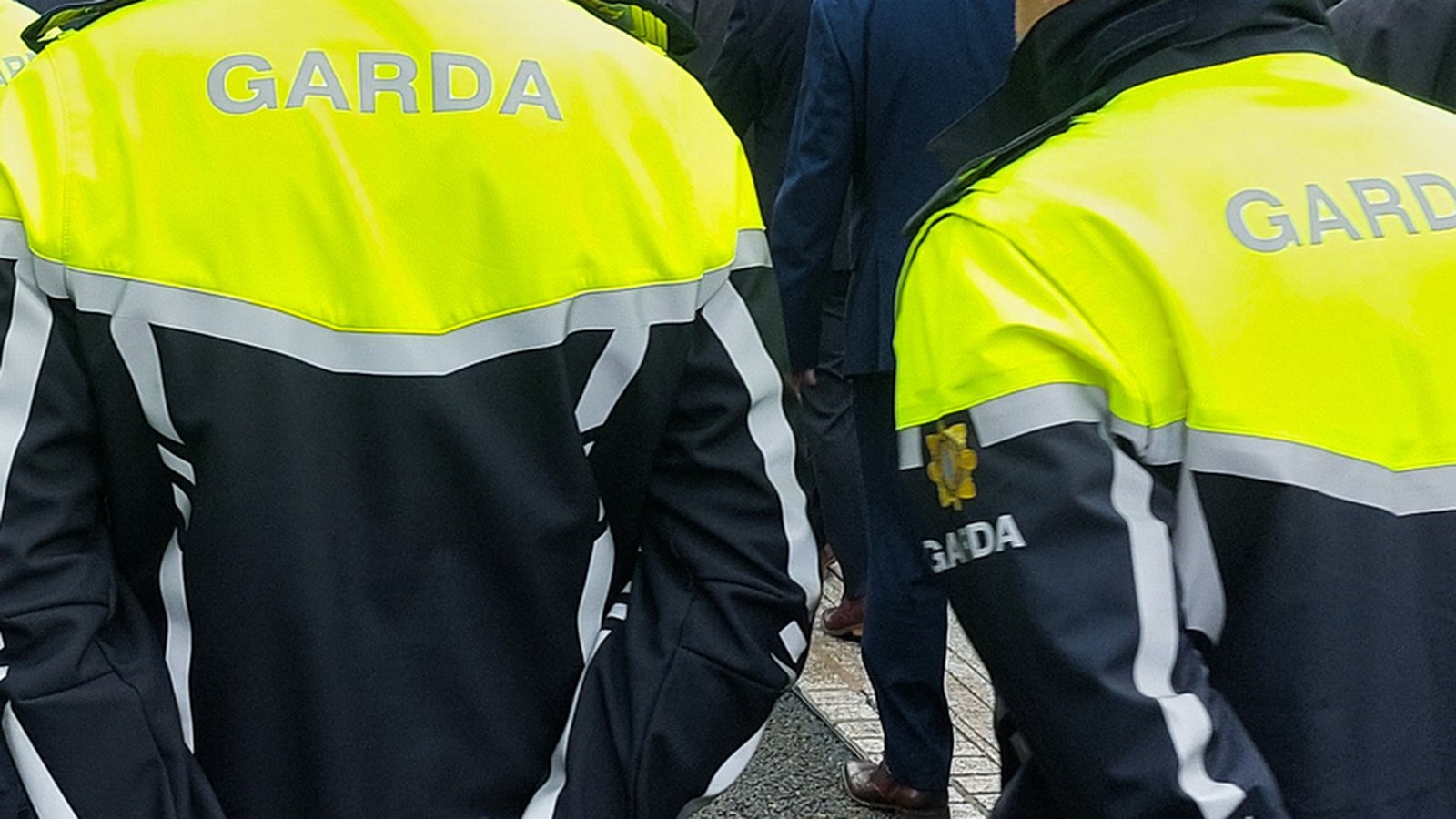
Garda sergeants and inspectors have said changes made by Garda Commissioner Drew Harris to the structure of policing and the management of investigations is inhibiting the gardaí’s ability to police the country and damaging its community policing ethos.
The Association of Garda Sergeants and Inspectors (AGSI), whose annual conference begins in Westport this evening, said the current three county policing model is not working because the gardaí are too centralised in divisional headquarters in big towns and cities and no longer in rural communities.
It also said there is an overzealous application of discipline and has called for a more common sense approach to the issue.
People in rural and urban areas including those on O’ Connell Street in Dublin city centre said it is rare to see a garda on the streets anymore.
The AGSI said this is due to changes that Mr Harris made to the structure of policing and the investigation of crime which has taken gardaí off the beat and put them behind computers in stations.
It said this is why the theme of its annual conference is connecting with technology, disconnecting with people.
The sergeants and inspectors point to the three county policing model in counties Mayo, Roscommon and Longford which they said has centralised gardaí in divisional headquarters in Castlebar and left rural areas in the three counties with almost no gardaí, with stations closed and with too long a time for officers to reach the outer townlands and villages when needed.
They also said that in counties Cavan, Monaghan and Louth most of the resources are concentrated on the more populous and busier eastern part of the three county division, leaving rural policing “decimated”.
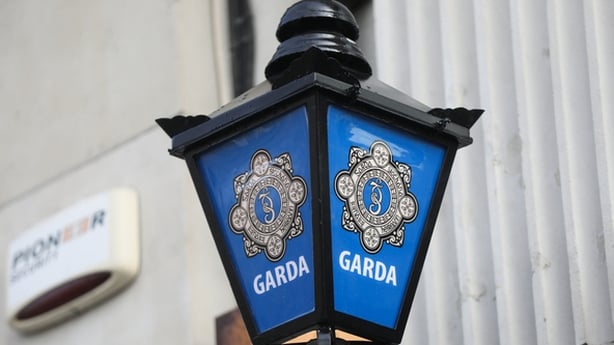
AGSI Deputy General Secretary Ronan Clogher said the system has removed gardaí from the communities and “the bread and butter issues” of meeting people and getting to know the issues in their local areas.
Mr Clogher said there are now huge gaps in rural policing because too many gardaí are now in stations doing administration work as part of what he calls “the statistical monster”.
The AGSI also said the new investigation management system has been “an absolute disaster” because it generates too many tasks which are often unnecessary and take too much time to complete.
It said, for example, if a bottle of lemonade is stolen from a shop, the system can generate up to 40 jobs which must be allocated, completed and inputted back into the system.
The association said it is now all about computers and statistics instead of solving the crime.
The AGSI said this is contributing to the recruitment and retention crisis and it believes more gardaí will retire and resign this year because they feel they have lost their purpose.
It added that more gardaí are seeking places on retirement courses in the Garda College in Templemore and numbers on those courses may have to be increased.
It also described the increase in garda recruits as a temporary spike because 40% of the new gardaí are between 35 and 50 years and that will not last.
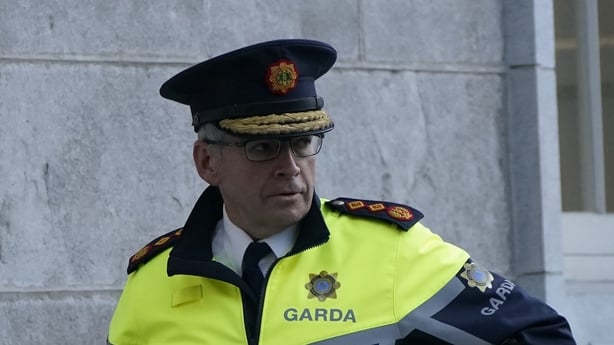
The AGSI pointed to an increasing pattern of resignations this year which is up on the same period last year.
The association also criticised the current “overzealous” approach to discipline, particularly in relation to minor infringements where gardaí feel they are “damned if they do and damned if they don’t”.
Motions at the conference are calling on Minister for Justice Helen McEntee to conduct a review of how both the Garda Commissioner and the Garda Ombudsman conduct their disciplinary investigations and their associated timelines.
Ms McEntee and Mr Harris are due to address the conference tomorrow.

